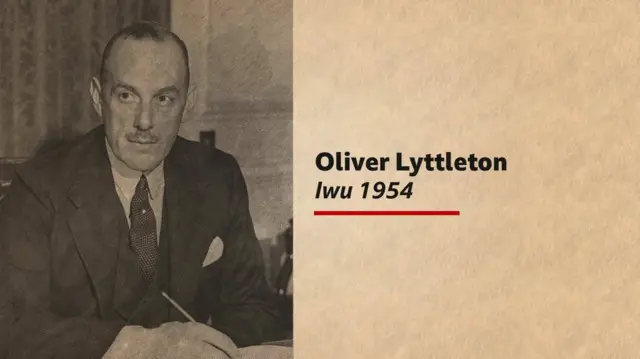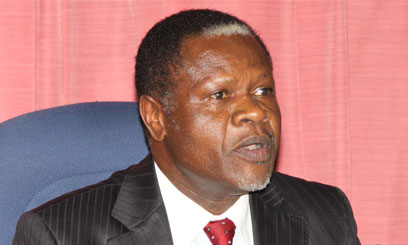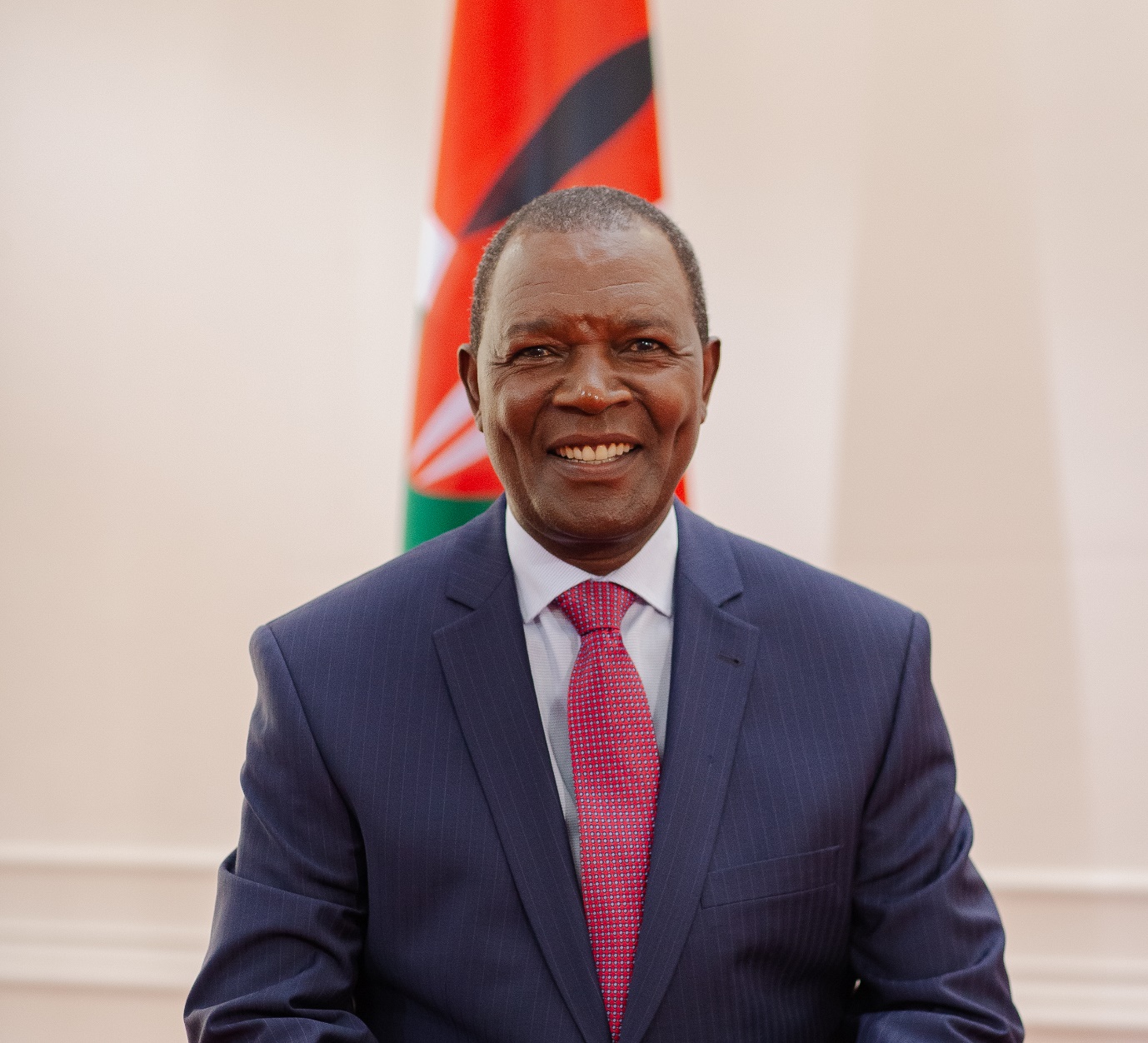Background Information
History and Evolution of the National Treasury
The core functions where the National Treasury is domicile dates back to pre independent Kenya. The Oliver Lyttleton Constitution of 1954, created the Ministry of Finance and Development. Since then, the Ministry has existed under different formulations. Importantly, the Treasury and the State Department of Economic Planning that make up the Ministry at present have existed throughout either under the same Ministry or separately.
The Constitution of Kenya 2010 set a firm foundation for the Ministry. Article 225 specifically contemplates the establishment of the National Treasury through an Act of Parliament. Subsequent to this, Public Finance Management Act, 2012 was enacted. Part Ill of the PFM Act provides for the establishment of the National Treasury, and sets out its mandate and functions. The Constitution also establishes the economic policy and national planning function and vests the same on the National Government. Thus, the Executive Order 1 of 2023, which was replaced by No. 2 of 2023, situate these functions under the National Treasury and the State Department for Economic Planning, under one Ministry.

Former Cabinet Secretaries/ Ministers of Finance

Hon. James Gichuru EGH: James Gichuru was born in 1914 in Thogoto, Kiambu, British Kenya. He served as the acting Chairman of the Kenya African National Union (KANU) from 1960 to 1961 and as the Member of Parliament for Limuru Constituency.
James Gichuru was Kenya’s first Finance Minister after independence. He was also known to be at the centre of talks between Kenyan and British officials on the takeover of one million acres of mixed farmland owned by Europeans to resettle landless Kenyans.
He banned the repatriation of wealth to South Africa and Zimbabwe, fearing that it would undermine Kenya’s economy. He was later appointed Minister for Defence during President Kenyatta's tenure.

Hon. Mwai Kibaki: Emilio Stanley Mwai Kibaki was born on 15th November 1931 in Gatuyaini village, Othaya division, Nyeri District.
He was elected as the Member of Parliament for the Doonholm Constituency (later called Bahati and now known as Makadara) in Nairobi.
In 1963, Kibaki was appointed the Permanent Secretary for the Treasury. That same year, he was appointed Assistant Minister of Finance and Chairman of the Economic Planning Commission. He was later promoted to Minister of Commerce and Industry in 1966. In 1969, he became Minister of Finance and Economic Planning, a position he held until 1982.

Hon. Arthur Magugu: Arthur Kinynjui Magugu, born in 1934, was a KANU MP representing Githunguri from 1969 to 1988. He served as Kenya’s Finance Minister between 1982 and 1988.
He gained the dubious distinction of being the first Finance Minister to delay the reading of the Budget speech—delivering it in July instead of June.

Prof. George Saitoti: He was born on 3rd August 1945 in Ngong, Kajiado, Kenya. In October 1983, Prof. George Saitoti was nominated to the Kenyan Parliament, and President Daniel Toroitich arap Moi appointed him as Finance Minister.
He presided over a Treasury that struggled with inflation. This was also the period when the Goldenberg scandal cost Kenya billions of shillings.

Hon. Musalia Mudavadi: Wycliffe Musalia Mudavadi was born on 21st September 1960. After the death of his father, Moses Mudavadi, in 1989, Musalia Mudavadi joined politics, contesting and winning the by-election in Sabatia Constituency—a position he held until 2013.
Mudavadi served as Minister for Supplies and Marketing (1989–1993) and Minister of Finance (1993–1997).

Simeon Nyachae: Simon Nyachae was born on 6th February 1932. His career in the civil service began at this point. In 1957, he served in the provincial administration, rising through the ranks to become a Provincial Commissioner. Nyachae later served as the Chief Secretary in the civil service under the governments of Jomo Kenyatta and Daniel Arap Moi.
He won a parliamentary seat in 1992. His election in Nyaribari Chache Constituency was instrumental in his entry into the Moi government as a Cabinet Minister, first for Agriculture and later for Finance.

Francis Masakhalia: Francis Omoto Masakhalia was a Kenyan politician and the first Member of Parliament for the Butula Constituency. He served as Minister for Finance for a period of six (6) months.

Chris Okemo: Chrysanthus Barnabas Okemo was born on 17th July 1947 and served as the Member of Parliament for Nambale Constituency from 1997 to 2007.
He became popular for his initiative of removing tax on bicycles, also known as boda boda, which are commonly used for the taxi business.

Chris Obure: Christopher Mogere Obure was born on 29th September, 1943.
He read the last budget under President Moi’s regime. He was the Minister of Public Works in the Government of National Unity. He was the first Senator of Kisii County.

David Mwiraria: Born on 3rd September 1938, he served as Permanent Secretary in various government ministries from 1977 to 1986. He then joined politics and was elected as the Member of Parliament for North Imenti for three terms. Mwiraria also served as Minister of Finance under the National Rainbow Coalition from 2002 to 2006.

Amos Kimunya: Amos Muhinga Kimunya was born on March 6, 1962.
On February 14, 2006, he was appointed as Minister of Finance by President Mwai Kibaki following the resignation of David Mwiraria. Kimunya served as Member of Parliament for Kipipiri Constituency.

John Njoroge Michuki: He was born in December 1932 in Muguru village, Fort Hall District (now Murang'a County). He was educated both in Kenya and abroad. Michuki emerged as one of the most prominent and long-serving civil servants, politicians, and businessmen in Kenya.
His achievements enabled him to quickly rise through the ranks from an Under Secretary in the Treasury in 1963 to Deputy Permanent Secretary in the Treasury in 1964 and then to Permanent Secretary in the Ministry of Finance in 1965. During his tenure as Permanent Secretary, Michuki represented the Kenyan government on the boards of numerous influential international bodies, including serving as an Alternate Governor for Kenya at the World Bank, the International Development Association (IDA), and the International Finance Corporation (IFC).
Michuki Rules: Michuki's legacy as the Minister for Transport and Communications was the famous "Michuki Rules," aimed at restoring order in public transport, especially the chaotic matatu (taxi) sector. The rules, which came into effect in February 2004, required all public service vehicles (matatus and buses) to install speed governors and passenger safety belts, operate on clearly defined routes, carry a specified number of passengers, and ensure that drivers and conductors maintained discipline and had clean security records.
He was also appointed by President Kibaki as Acting Minister of Finance on 11 July 2008 to stand in for Amos Kimunya.

Uhuru Kenyatta: Uhuru Muigai Kenyatta was born on 26th October 1961. He is the son of Jomo Kenyatta, Kenya's first president.
President Moi picked Kenyatta as his preferred successor. However, he was defeated by the then opposition leader Mwai Kibaki in the 2002 election. Kenyatta served as the Member of Parliament (MP) for Gatundu South from 2002 to 2013. He also served as Deputy Prime Minister and Minister of Finance from 2008 to 2013.
After reading only one budget under the old Constitution, he was the last Finance Minister before the new Constitution came fully into force.

Hon. Robinson Njeru Githae: He has served as the Member of Parliament for Ndia Constituency and as an assistant minister in the ministries of Justice, Transport, and Local Government before being appointed as the Minister of Finance to succeed Hon. Uhuru Kenyatta.

Henry K. Rotich: Henry K. Rotich was born in 1969. He is a Kenyan civil servant who was nominated by President Uhuru Kenyatta as Cabinet Secretary for the National Treasury on 23 April 2013.

Ukur Yatani Kanacho: Ukur Yatani was born in 1967 in Forole, North Horr sub-county, he served as a District Officer and rose through the ranks from District Officer Cadet to a Senior District Officer and then promoted to a District Commissioner in July 2002.
He was elected as the Member of Parliament for North Horr constituency in 2006. On 24 July 2019, President Uhuru Kenyatta appointed Yatani as the Cabinet Secretary for Treasury on an acting capacity following the sacking of Henry Rotich. He was confirmed as the Cabinet Secretary on 24 January 2020.

Prof. Njuguna Ndung'u: Ndung'u was born in Kandara, Murang'a County, Kenya, in 1960. Before his appointment as Governor of the Central Bank of Kenya, he was the Director of Training at the African Economic Research Consortium (AERC).
Ndung'u previously served as the eighth Governor of the Central Bank of Kenya for two consecutive four-year terms, from March 2007 until March 2015. In 2018, he re-joined the AERC as Executive Director.
He was appointed Cabinet Secretary for the National Treasury and Economic Planning from October 2022 to July 2024.
